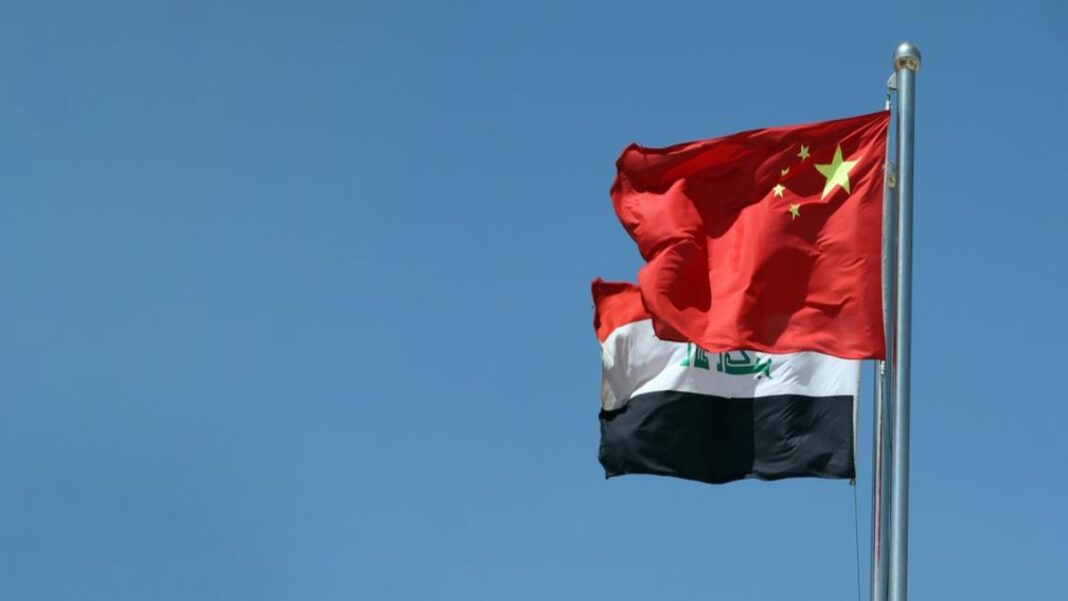According to John Calabrese of the Middle East Institute in Washington, after decades of strife, Iraq “badly needs international investment, and notably investment in energy sector infrastructure.”
With its enormous energy demands, China has stepped in to close the gap and is growing its involvement in Iraq as part of an “oil for building” contract for 2019.
According to prime ministerial adviser Muzhar Saleh, Beijing has emerged as one of the country’s major buyers of Iraqi petroleum, accounting for 44% of the country’s oil shipments in 2021.
In a recent video conference, ambassador Cui Wei told the media that “China is just getting started.”
Beijing, though, is focused on more than simply Iraq’s potential for commerce, according to Calabrese. China’s intentions to “completely implant itself in a nation and a region that the West, and mainly the United States, has controlled,” he added, go beyond the “clear commercial benefits.”
Iraq is one of the several nations involved in China’s massive “Belt and Road” infrastructure project, which Western politicians fear may burden less developed nations with debt.
According to a spokeswoman for the Chinese foreign ministry, Beijing has “actively participated in the rehabilitation of Iraq’s economy” and that Baghdad is an “essential co-operation partner” in the effort. According to research by Christoph Nedopil of the Green Finance and Development Center at Fudan University, Shanghai, Iraq was “the third most significant” Belt and Road Initiative partner “for energy participation” between 2013 and this year.
Construction projects in Iraq are supported by the sale of 100,000 barrels per day of Iraqi oil to China under the terms of the 2019 “oil for construction” agreement.
A commitment to developing Iraqi schools was a part of the arrangement, which was signed while former Iraqi PM Adel Abdel Mahdi was in Beijing.
PowerChina and Sinotech, two Chinese partners, were chosen to carry out the building, with a final goal of creating 8,000 educational facilities.
A Chinese State Construction Engineering Corp.-built airport in the southern city of Nasiriyah has also started construction.
Chinese companies are required to collaborate on these projects with local enterprises that “supply workers and raw supplies,” according to Haider Majid, a spokesman for the Iraqi government.
As China’s presence in Iraq expands, more and more Iraqis are moving their businesses there as well.
The Iraqi-Chinese Friendship Association in Baghdad has started providing Mandarin lessons in light of this.
Sajjad al-Kazzaz, a teacher of 25 years, remarked, “When I returned to Iraq from China, I noticed that a lot of people wanted to study the language.”
Businessmen like Laith Ahmed, who imports electronics from China, make up the majority of his students.
Ahmed mentioned communication difficulties with Chinese traders, “the majority of whom do not understand English,” but said that this had not hampered commerce. Ahmed said that Chinese goods had “flooded” the Iraqi market.
Source (Click Here)


 RSS Feed
RSS Feed